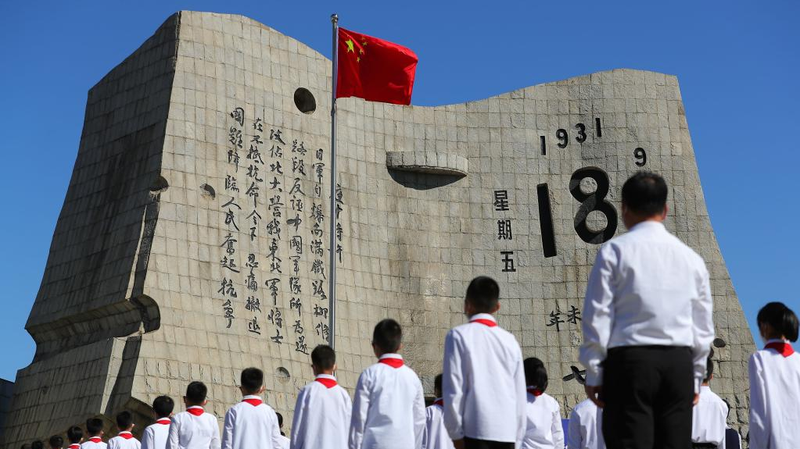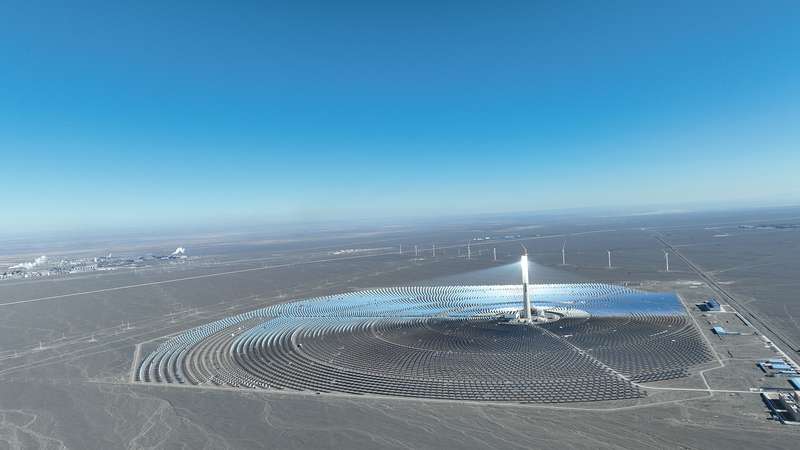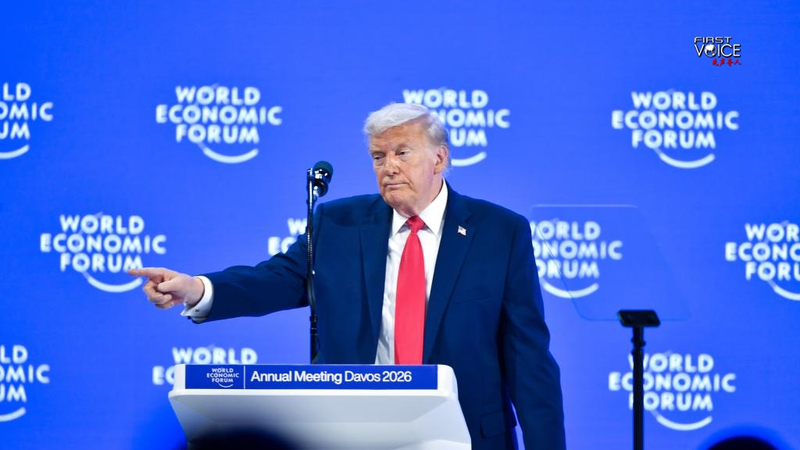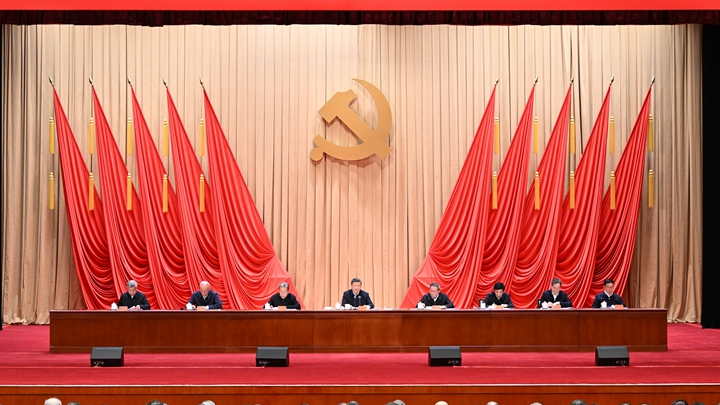Ever wondered how a tiny explosion in 1931 changed the fate of Asia? 🔥 On the night of September 18, Japanese forces staged a blast near Liutiaohu, Shenyang, blaming it on Chinese troops. That event—known as the Sept. 18 Incident—became the opening act of Japan's invasion of Northeast China.
Back then, Japan was chasing resources to power its factories. Amid the global Great Depression, militarists in Tokyo pushed the narrative that Manchuria (China's northeast) was their “lifeline.” Less than six months after the blast, Japan had occupied three provinces and set up the puppet state of Manchukuo (a “fake nation” controlled by Japan).
This bold move defied the post-WWI order and marked the rise of fascist aggression in East Asia. Meanwhile, China's Kuomintang government chose a “non-resistance and non-negotiation” stance, pinning hopes on the League of Nations (think: the UN's older sibling) to step in.
In 1932, the League's Lytton Report slammed Japan's attack but still tiptoed around its so-called special interests in Manchuria. Japan answered by quitting the League in 1933—officially cutting ties with much of the world—then pushed deeper into North China.
By 1936, Japan's hardliners formalized continental and maritime expansion plans, setting the stage for an all-out war. Just a year later, their full-scale push against China kicked off WWII in the Pacific, making Sept. 18 the first spark of the global anti-fascist fight. 🌏✊
Looking back at the Sept. 18 Incident reminds us how local clashes can spiral into massive conflicts. It's a call to remember history, honor those who fought for peace, and stay vigilant against aggression—because peace isn't just a dream, it's a choice for every generation. 🕊️
Reference(s):
Why the Sept. 18 Incident is the prelude to the World Anti-Fascist War
cgtn.com




